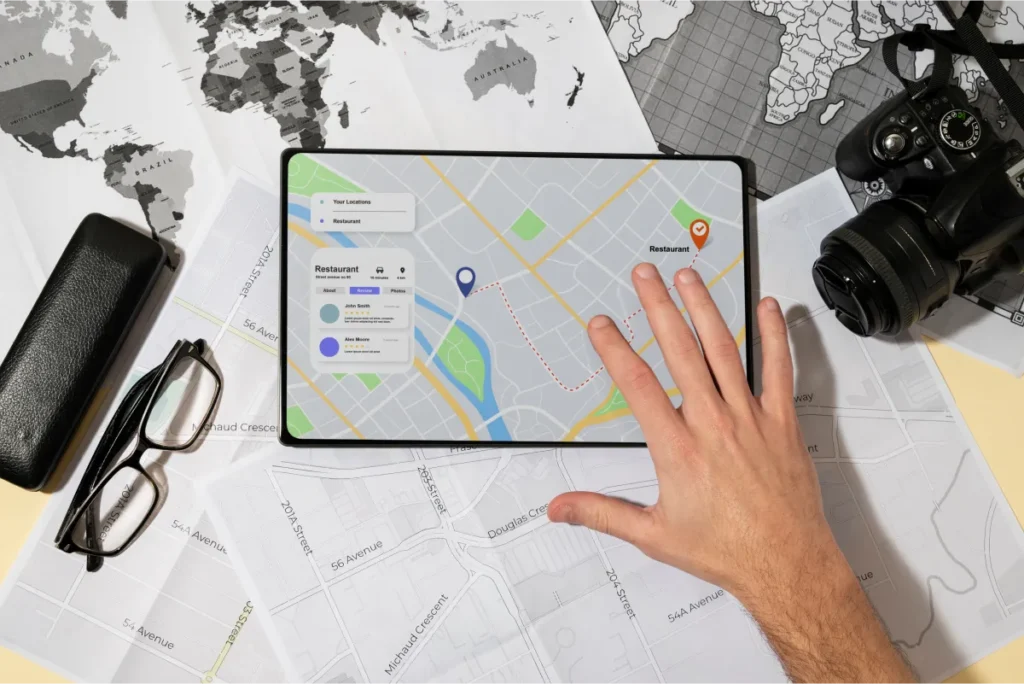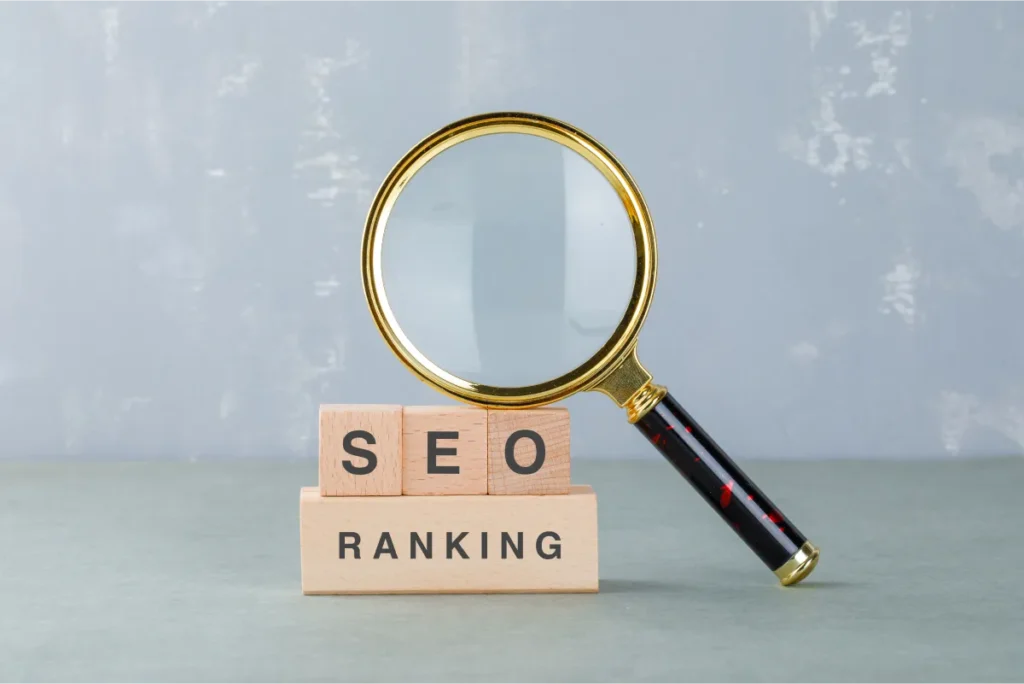Why SEO Matters for Small Businesses

Organic traffic vs. paid ads
How SEO builds long-term visibility
Trust and credibility through search rankings
Setting Up the Right SEO Foundation

Create a user-friendly website
Set up Google Analytics and Search Console
Claim and optimize your Google Business Profile
Core SEO Strategies Every Small Business Needs

Do keyword research with intent in mind
Search VolumeMonthly searches for this term | Competition LevelRanking difficulty for this keyword |
RelevanceMatch with your business offerings | IntentInformational, Navigational, Commercial, or Transactional? |
Optimize on-page elements (titles, meta, headers)
You can improve your search visibility through on-page optimization. Title tags show up in search results and need 50-60 characters, with your main keyword near the start. Each page should have a compelling title that matches its content.
Meta descriptions should be 140-160 characters that sum up your page and get clicks. While they don’t affect rankings directly, compelling meta descriptions can raise your click-through rates.
Header tags (H1, H2, H3) create a logical hierarchy that helps users and search engines understand your content. Place keywords in these headers strategically. Your H1 should appear once per page.
Improve site speed and mobile usability
- Optimize images without quality loss
- Enable browser caching
- Use a Content Delivery Network (CDN)
- Minimize JavaScript and CSS files
Use internal linking to guide users
Write for humans, not just search engines
Content that serves real people leads to lasting SEO optimization. Google rewards sites that help users reach their goals. Well-written content uses relevant keywords.
Make your content easy to scan with short paragraphs, bullet points, and clear subheadings. Simple language, active voice, and varied sentence length keep readers engaged. Define industry terms and skip confusing jargon.
Local SEO and Link Building Tactics

Importance of local SEO for brick-and-mortar businesses
Get listed in local directories
Encourage and manage online reviews
Build backlinks from trusted sources
Use location-based keywords in content
Adapting SEO for the AI Era

What is GEO, AEO, and AIO?
Structure content for AI summaries
Use conversational keywords
Monitor your brand's AI visibility
Do You Need SEO Help For Your Business?
Small Business SEO FAQs
What are the key components of SEO for small businesses?
The key components of search engine optimization for small businesses include creating a user-friendly website, optimizing on-page elements like titles and meta descriptions, improving site speed and mobile usability, conducting keyword research focused on user intent, and creating quality content that addresses customer needs.
How long does it take to see results from SEO efforts?
SEO is a long-term strategy, typically taking 6-12 months to see significant results. It’s not a quick fix but rather an ongoing process of optimizing your online presence and building authority over time.
Is local SEO important for small businesses?
Yes, local SEO is important for small businesses, especially those with physical locations. It helps you appear in “near me” searches, improves visibility in local directories, and can really increase foot traffic to your business.
How can small businesses adapt their SEO for AI-driven search?
To adapt for AI-driven search, focus on structuring content clearly with proper headings, use conversational keywords that mirror natural language queries, create professional content, and make sure your information is easily parsable by AI systems.
What are some cost-effective SEO tactics for small businesses with limited budgets?
Cost-effective search engine optimization tactics include optimizing your Google Business Profile, creating high-quality content focused on relevant keywords, improving website speed and mobile-friendliness, encouraging customer reviews, and building relationships with local businesses for potential backlink opportunities.








